In our rapidly advancing world, technology has become an inseparable part of our daily lives. From smartphones to artificial intelligence, we are surrounded by devices and systems that make our lives more efficient, convenient, and connected. Despite the tremendous benefits that technology brings, it is important to pause and reflect on the ethical implications that this digital revolution brings to the table.
 The Power and Reach of Technology
The Power and Reach of Technology
Technology has the power to shape our beliefs, values, and behavior. In the realm of politics, it has the potential to amplify the voices of marginalized communities, promote democratic values, and expose corruption. However, it also presents ethical dilemmas that require our thoughtful attention.
The Clash of Monotheism and Political Systems
Religion and politics have long been intertwined, each influencing and driving the other. In the context of monotheistic beliefs, the intersection with politics becomes even more complex.
One aspect that deserves attention is the potential for religious bias to infiltrate political decision-making processes. Monotheistic beliefs, with their strong convictions and prescriptions for moral behavior, can influence policies and decisions in a way that may not be representative of the diverse beliefs and values of society at large. This raises questions about the inclusivity and fairness of political systems that are disproportionately influenced by monotheistic perspectives.
Balancing Religious Freedom and Democratic Values
Another important consideration is the delicate balance between religious freedom and democratic values. While societies aspire to respect and protect individuals’ freedom of religious practice, conflicts arise when religious beliefs clash with values such as equality, human rights, and social cohesion.
Monotheism, with its singular focus on the divine, can sometimes collide with these democratic values. Questions arise around issues such as LGBTQ+ rights, the role of women in society, and the separation of church and state. We must navigate these questions with sensitivity, acknowledging the diversity of beliefs within and outside of monotheistic traditions.
The Digital Divide and Social Inequality
As technology becomes more pervasive, it also exacerbates existing social inequalities. The digital divide, for example, highlights the disparities in access to technology and information. Unequal access to education, healthcare, and job opportunities further marginalize disadvantaged communities.
The ethical challenge lies in how we address these inequalities and ensure that the benefits of technology are shared equitably. It is crucial to bridge the gap by providing affordable access to technology, digital literacy training, and opportunities for marginalized communities to participate in the design and development of technological solutions that address their specific needs.
Cultivating Ethical Technology
To navigate the complex ethical terrain, it is essential that we adopt a proactive approach in guiding the development and deployment of technology. We need to foster responsible tech leadership that prioritizes ethical considerations alongside economic growth and innovation.
Collaboration between technology developers, ethicists, policy-makers, and civil society is essential to establish guidelines and regulations that protect individuals and communities from the potential harm that technology can cause. This collaboration should extend beyond national boundaries to address global challenges and ensure that the ethical implications of technology are considered on a global scale.
Conclusion
As technology continues to evolve at an unprecedented pace, the intertwining of monotheistic beliefs and politics raises complex ethical questions. By acknowledging these dilemmas and fostering enlightened discussions, we can work towards a future where technology is harnessed responsibly, inclusively, and ethically. Let us strive to create an inclusive and just society that benefits from the power of technology while upholding democratic values, respecting individual beliefs, and ensuring social equality.
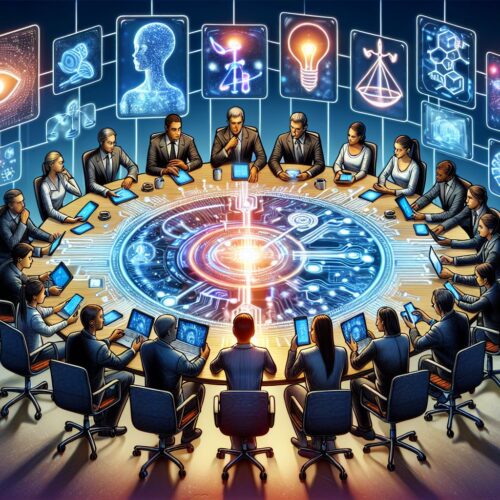
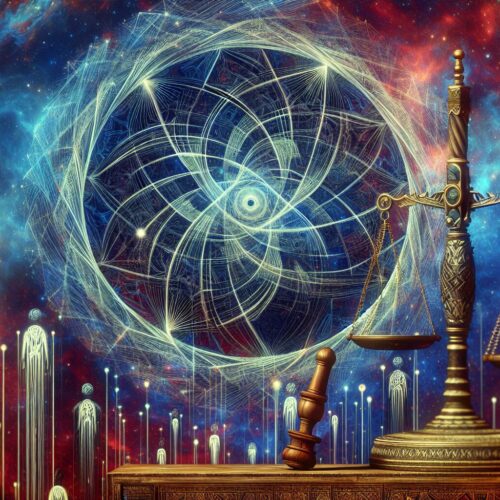
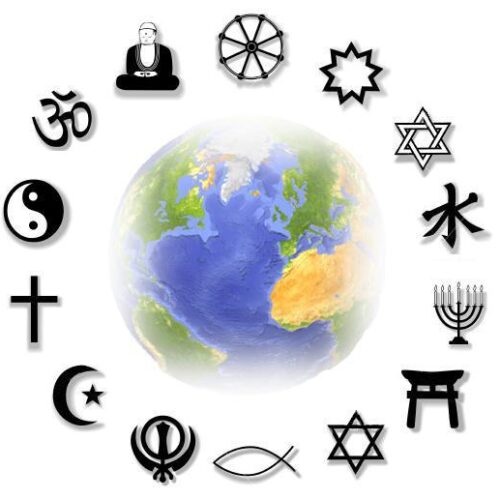
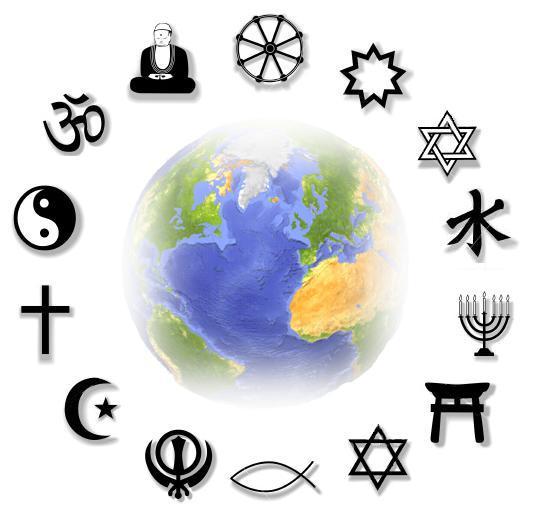 Religion has long been a potent force shaping the trajectory of societies and their governance. In contemporary times,
Religion has long been a potent force shaping the trajectory of societies and their governance. In contemporary times, 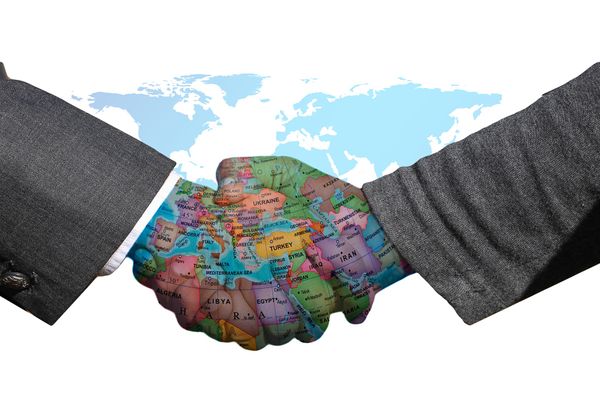 Global Diplomacy and Conflict Resolution
Global Diplomacy and Conflict Resolution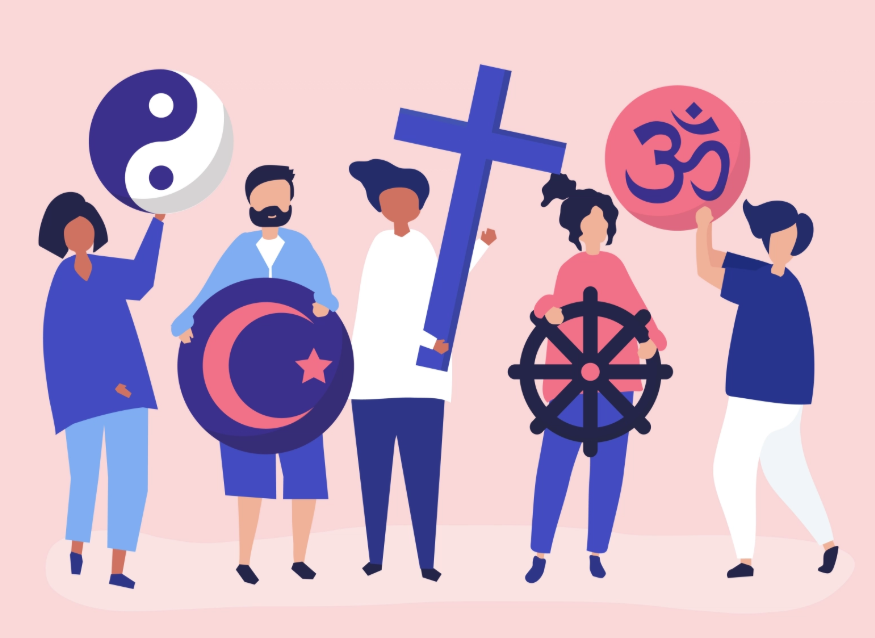 Secularism and Religious Freedom
Secularism and Religious Freedom